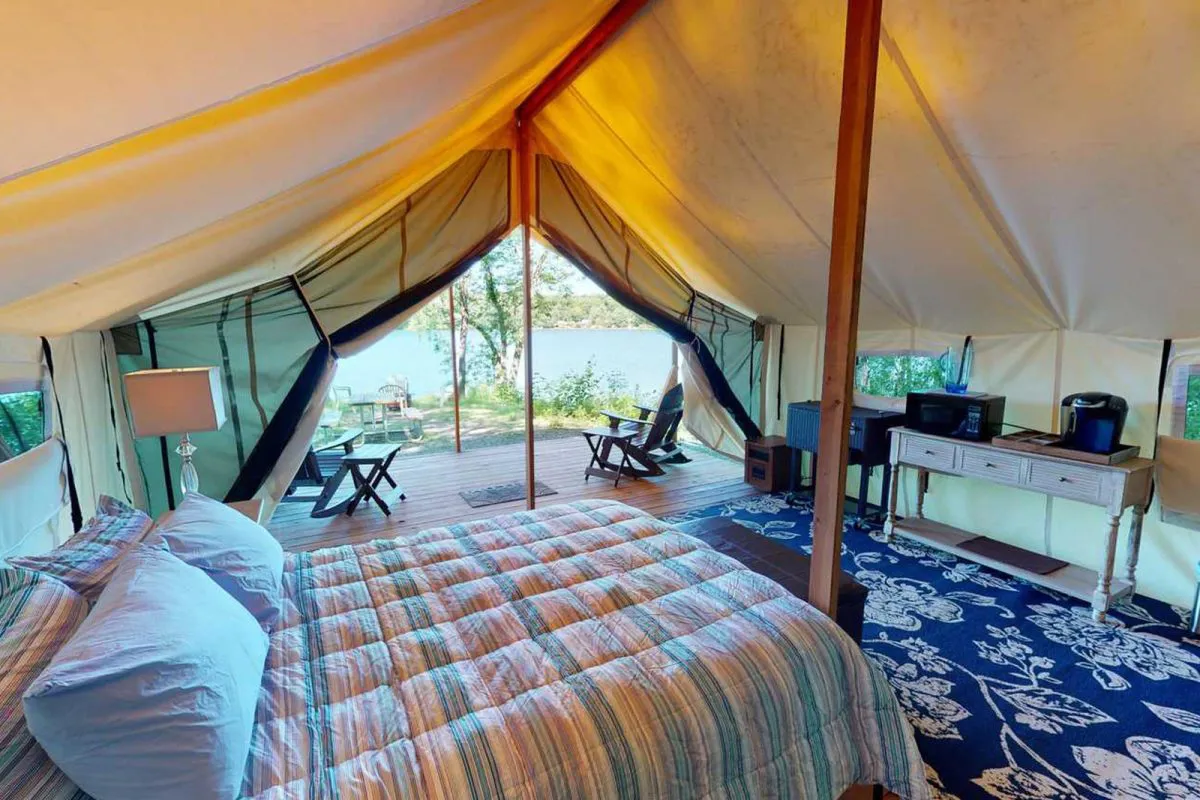Camping 101 – What You Should Know Before You Go
Whether you’re planning on going camping for the first time, or you’re a seasoned veteran, there are some things you should know before you go. Read on to discover how to prepare, what to avoid, and how to get the most out of your experience.
Prepare for the trip
Getting out into nature and camping is a great way to relax and enjoy the natural world. However, there are certain precautions you must take to make sure your camping trip goes smoothly.
The first thing you need to do is make a list of what you will need. You don’t want to leave important items behind. You also need to be prepared for unpredictable weather. A good tip is to check the weather forecast before you set out. You will never know when you might be affected by a storm or have to go home early.
You should also consider where you will be staying. For instance, if you are going to a remote location, you might not have easy access to a medical facility. If you have serious health problems, you need to pack medications. You might also need to bring an emergency blanket, which will keep you warm in the event of a storm.
Enjoy the experience
Whether you are camping in the woods or snagging a last minute deal at the local beach, you’ll be sure to appreciate the experience of being able to unplug from the daily grind. During your camping trip, you’ll get a chance to enjoy the serenity of nature, which is often overlooked, and the opportunity to spend quality time with your loved ones. The most memorable camping trip will leave you with memories of fond farewells and a newfound appreciation of the wonders of mother nature. This will make for a much more relaxing holiday season.
When the dust settles, you may want to consider a few savvy tips and tricks to get you and your crew ready for the next big trip. Here are some ideas:
Be sure to get plenty of sleep and keep hydrated. If you’re traveling with kids, consider bringing along some high-quality games and activities to keep the kids entertained, as well as some healthy snacks and beverages.
Avoid dispersed camping
Whether you are new to camping or an experienced recreator, there are some things to consider. These include safety, personal protection and avoiding certain areas. Keeping these in mind will help you avoid dispersed camping.
In the wilderness, you will want to carry all the proper clothing, food and other supplies. Also, postpone any bad weather forecast until after you arrive. You may also want to avoid primitive campsites with pit toilets.
You should also consider taking along personal protection such as bear spray. You should also consider your vehicle’s off-roading ability before heading out. Some dispersed camping spots are only accessible by car. In addition, you should check with the managing agency for stay limits.
Often, dispersed camping spots are located on Bureau of Land Management (BLM) land. They are often open and accessible but may not have much in the way of amenities. They can be covered in mud, water and/or debris.
You should be careful when dispersed camping, especially in the National Forests during the winter and December. Flash floods are often a hazard, particularly shortly after a downpour. You should also be aware of trees that have dead limbs overhead.












